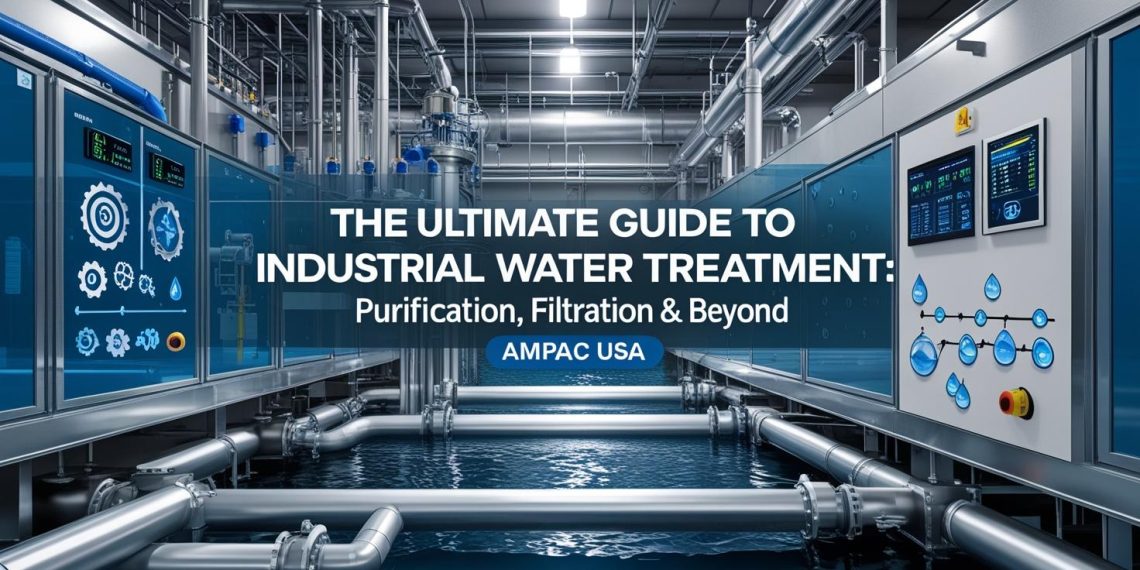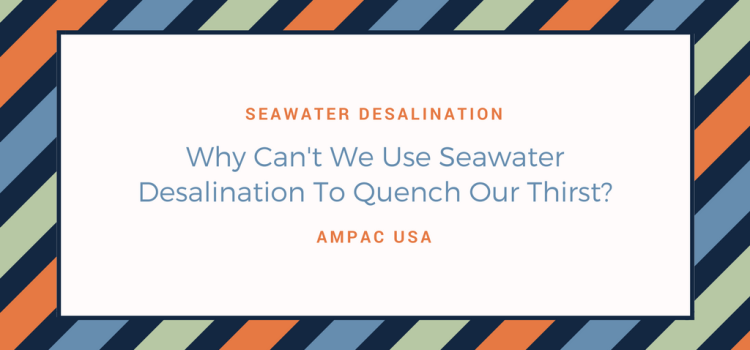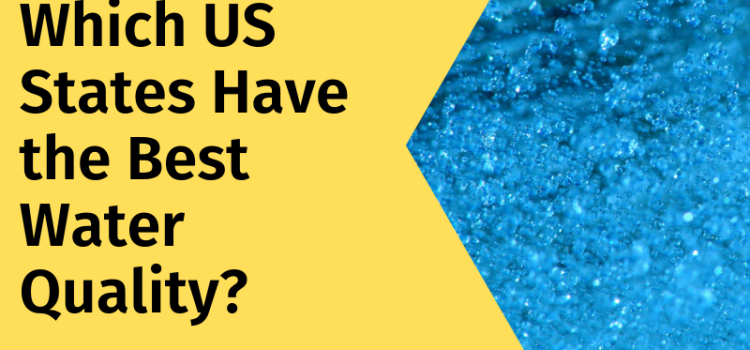Industrial operations across manufacturing, chemical processing, food production, and energy generation rely on precise and reliable water treatment systems to ensure optimal performance, regulatory compliance, and equipment longevity. At its core, industrial water treatment encompasses a range of purification, filtration, and conditioning processes designed to transform raw water into a resource aligned with industry-specific requirements.
Understanding the Importance of Industrial Water Treatment
We recognize that unprocessed water often contains suspended solids, dissolved minerals, organic matter, and microbial contaminants, making it unsuitable for direct industrial use. If left untreated, these impurities can:
- Damage sensitive machinery
- Reduce process efficiency
- Cause scaling, corrosion, and fouling
- Lead to production downtime and regulatory non-compliance
Hence, effective industrial water treatment solutions are not merely an operational necessity but a strategic advantage.
Key Stages in the Industrial Water Treatment Process
- Raw Water Intake and Pre-Treatment ,
The process begins with source water from surface reservoirs, groundwater, or municipal supplies. The water is pre-treated using:
- Screening and sedimentation to remove large debris and suspended solids
- Coagulation and flocculation to aggregate finer particles for easier filtration
- pH adjustment to optimize downstream processes
This stage ensures that incoming water is conditioned for more advanced treatment steps.
- Filtration Systems: Removing Suspended Solids
Filtration is a critical barrier against particulate matter. Depending on the quality of source water and application needs, we employ:
- Media Filters (sand, gravel, anthracite): Ideal for removing suspended solids and turbidity
- Cartridge Filters and Bag Filters: Used for polishing applications or pre-RO filtration
- Activated Carbon Filters: Remove organic compounds, chlorine, and improve taste/odor
Advanced systems utilize automated backwash to maintain optimal performance with minimal operator intervention.
- Water Softening: Controlling Hardness and Scaling
For industries plagued by calcium and magnesium deposits, ion exchange softeners are deployed. These systems:
- Replace hardness ions with sodium or potassium
- Prevent scale buildup in boilers, cooling towers, and heat exchangers
- Improve soap efficiency and reduce maintenance costs
We also incorporate anti-scalants where softening is not sufficient or feasible.
- Reverse Osmosis (RO) and Membrane Filtration
To achieve high-purity water, industries rely on reverse osmosis systems that force water through semipermeable membranes. RO systems:
- Remove dissolved salts, metals, organics, and microbes
- Offer rejection rates up to 99.5% for total dissolved solids (TDS)
- Are customizable for brackish, seawater, or high-recovery applications
Membrane-based technologies also include nanofiltration, ultrafiltration, and microfiltration, each targeting specific contaminant profiles.
- Deionization and Electrodeionization (DI/EDI)
In pharmaceutical, electronics, and laboratory settings, ultrapure water is a must. We use:
- Two-bed or mixed-bed deionizers for complete ion removal
- Electrodeionization (EDI) systems that continuously regenerate using electric current
This ensures consistent output without chemical regeneration or operational downtime.
- Disinfection and Microbial Control
Pathogen-free water is non-negotiable in industries such as food processing and beverage production. Common disinfection methods include:
- Ultraviolet (UV) disinfection for chemical-free microbial control
- Chlorination and chlorine dioxide systems for residual protection
- Ozone generation for powerful oxidation without byproducts
We implement redundant microbial barriers to maintain safety even during fluctuations in load or quality.
Customized Solutions for Industry-Specific Challenges
Power Plants and Energy Facilities
In high-pressure steam generation, purity is paramount. We provide:
- Demineralizers to prevent turbine scaling
- Condensate polishing units
- Blowdown recovery systems to enhance sustainability
Food and Beverage Manufacturing
Here, water impacts both product quality and hygiene. We integrate:
- Multi-stage filtration with RO and UV
- CIP water recycling systems
- FDA-compliant components
Pharmaceutical and Biotech
These industries demand WFI (Water for Injection) and USP-grade purified water, met with:
- Multi-effect distillation
- Ozone loop sanitization
- Continuous TOC and microbial monitoring
Mining and Metal Processing
We combat acid mine drainage, heavy metals, and suspended solids through:
- Chemical precipitation and pH correction
- Clarifiers and thickeners
- Membrane systems for reuse and zero-liquid discharge
Oil & Gas Refineries
Water is used for cooling, process feed, and injection, addressed via:
- Desalination units for offshore applications
- Produced water treatment
- Hydrocyclone separation and deoiling filtration
Advanced Technologies in Industrial Water Treatment
We incorporate automation, AI, and IoT across systems to provide:
- Real-time monitoring of flow rates, conductivity, and microbial levels
- Predictive maintenance alerts for pumps and membranes
- Data logging for audit-ready compliance
Our SCADA-integrated systems ensure remote access and centralized control for multi-plant operators.
Environmental Responsibility and Water Reuse
With sustainability at the forefront, we engineer closed-loop treatment systems that promote:
- Wastewater recycling and greywater reuse
- Zero Liquid Discharge (ZLD) systems combining evaporation, crystallization, and RO
- Rainwater harvesting and storm water treatment for industrial reuse
By reclaiming process water, industries not only reduce their freshwater demand but also gain LEED credits and demonstrate ESG compliance.
Maintenance, Monitoring, and Support
Consistent performance is ensured through:
- Scheduled preventive maintenance
- Membrane autopsy and scaling analysis
- Remote technical support and operator training
We offer custom Service Level Agreements (SLAs) with guaranteed uptime metrics for mission-critical operations.
Choosing the Right Industrial Water Treatment Partner
Success in water treatment stems from application-specific design, robust engineering, and lifecycle support. We prioritize:
- Thorough feedwater analysis and pilot testing
- Modular and scalable system designs
- GMP-compliant documentation for regulated industries
Every solution is tailored to meet production goals, budget constraints, and regulatory expectations.
Conclusion
Industrial water treatment is no longer just a necessity—it’s a performance driver. From filtration to purification, from disinfection to reuse, we engineer comprehensive solutions that empower industries to optimize operations, safeguard equipment, and align with environmental mandates.
With cutting-edge technologies, deep domain expertise, and a commitment to excellence, we deliver more than treated water—we deliver confidence, compliance, and continuous productivity.











